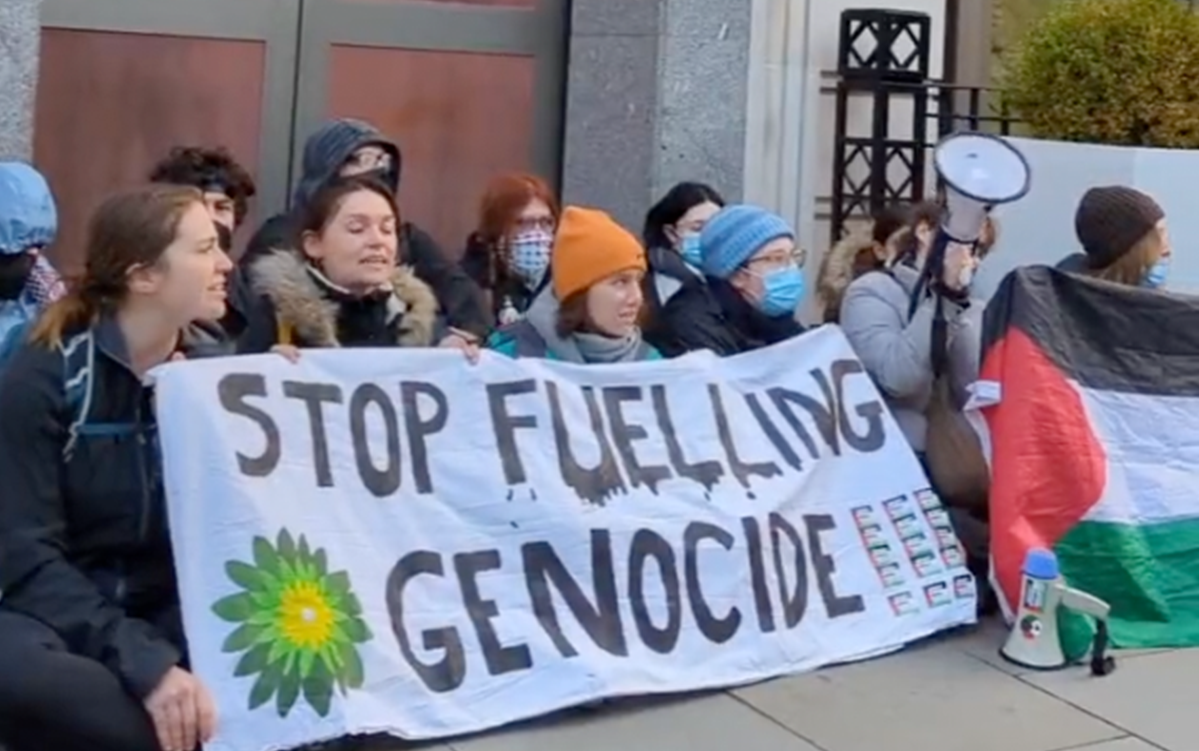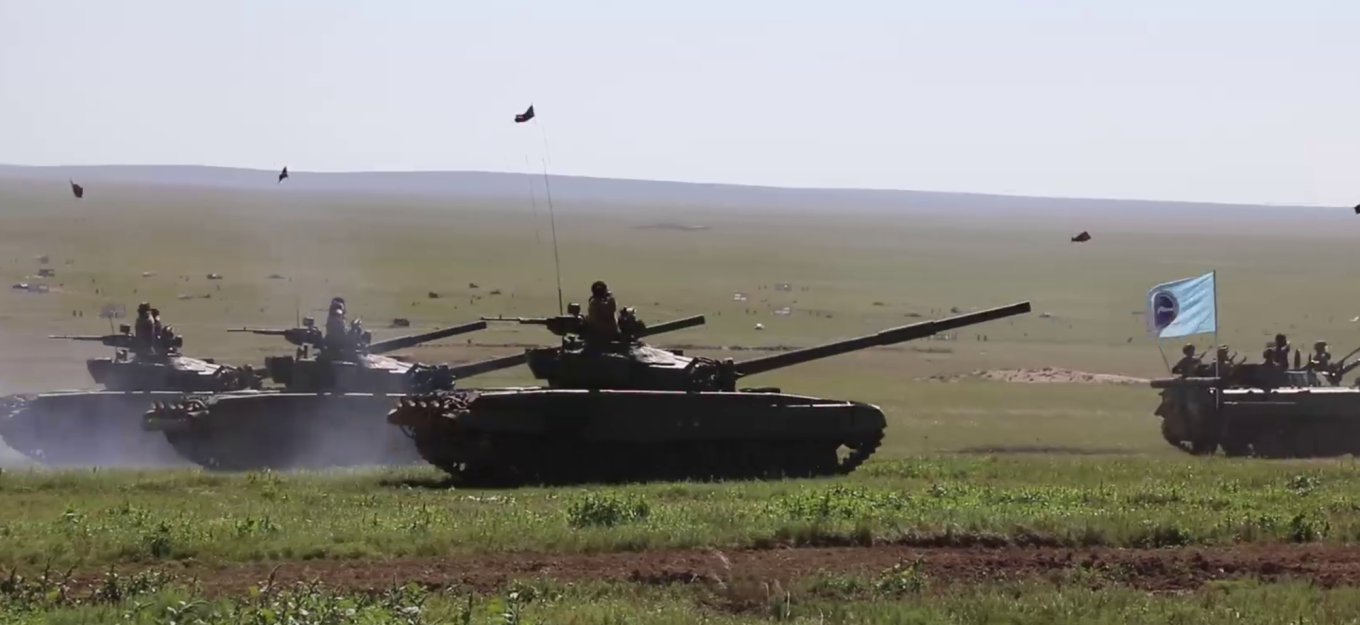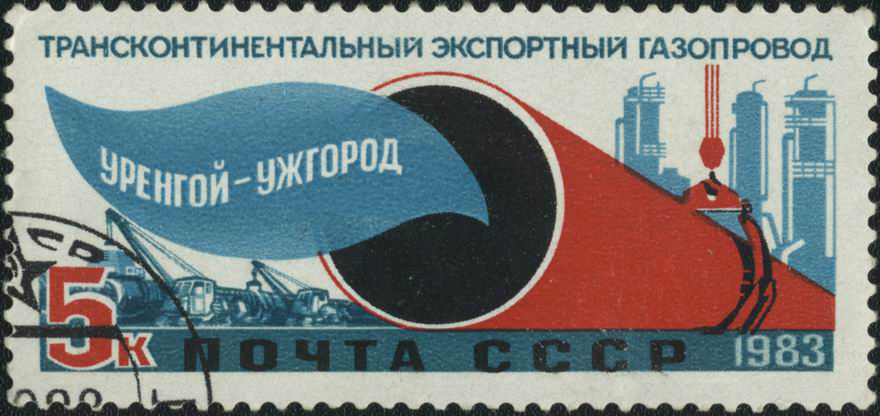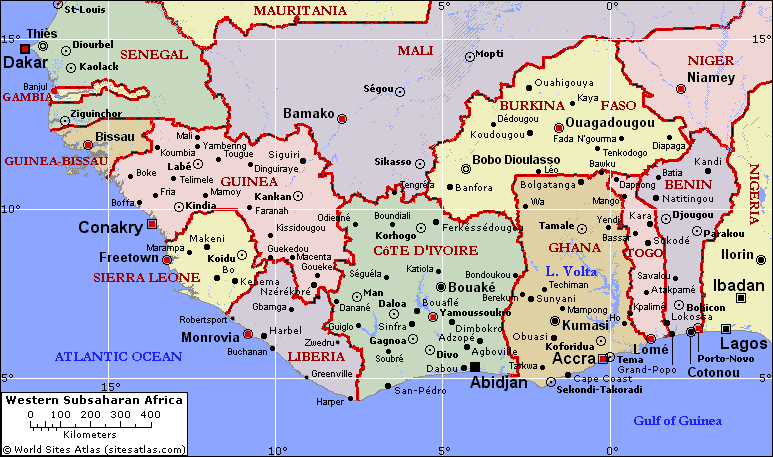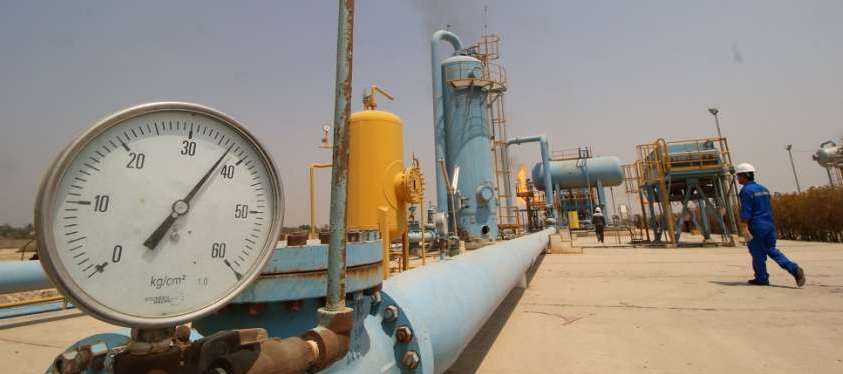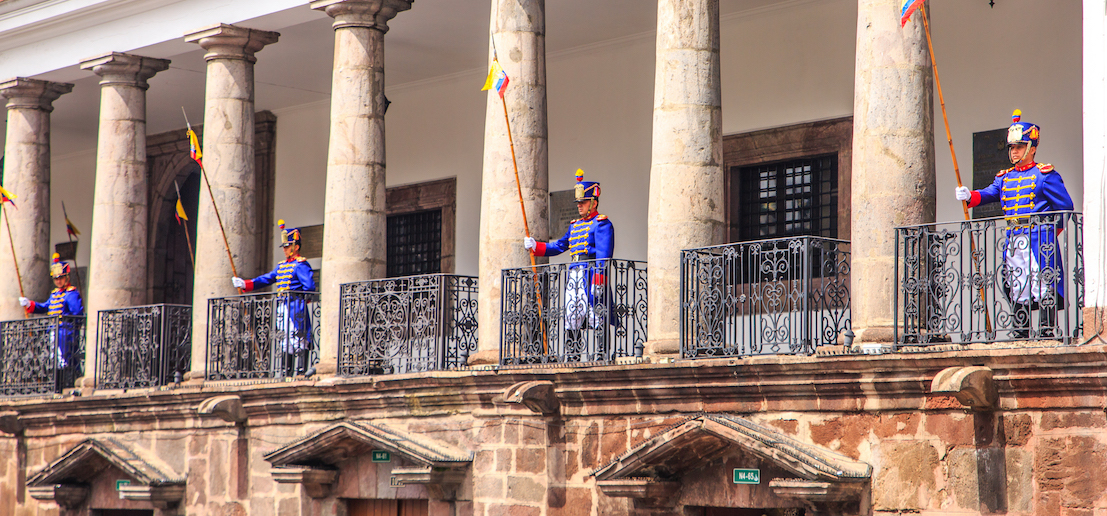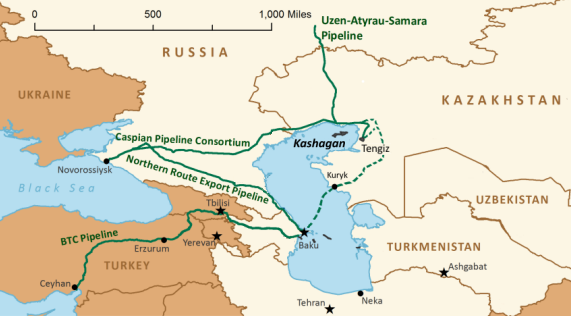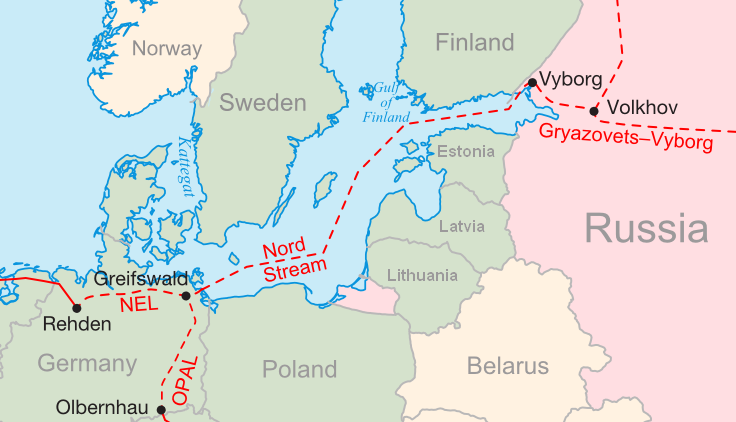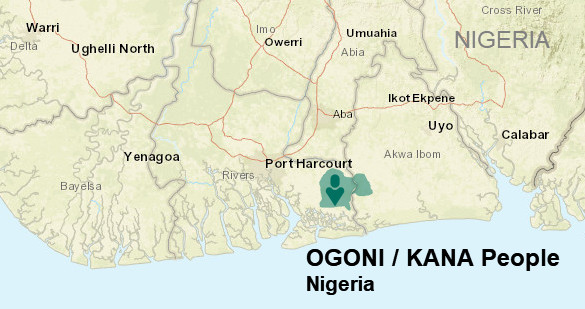
Nigeria: pardon for Ogoni Nine ‘far short of real justice’
Amnesty International said that the Nigerian government’s pardon for the Ogoni Nine falls “far short of real justice.” The rights group published the statement in response to the government’s decision to posthumously exonerate the Nine. The Ogoni Nine were a group of environmental activists who campaigned against Shell oil company and the Nigerian central government for the destructive impacts of oil production in the Ogoniland region of the Niger Delta. After brutally suppressing protests in the region, the government accused the Ogoni Nine of murder. The nine men were convicted after what rights groups called an unfair trial and executed in 1995. Amnesty International Nigeria welcomed the decision to pardon the activists but noted that much more needs to be done for the local communities, asserting that Shell’s activities in the region have left toxic pollution, affecting the health and livelihoods of many of the 30 million people living in the Niger Delta. (Photo: 101LastTribes)



